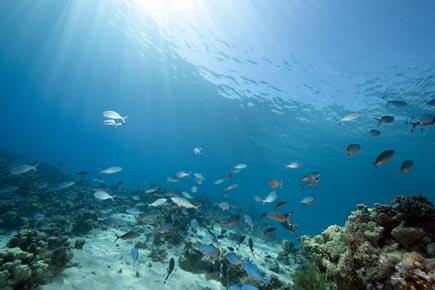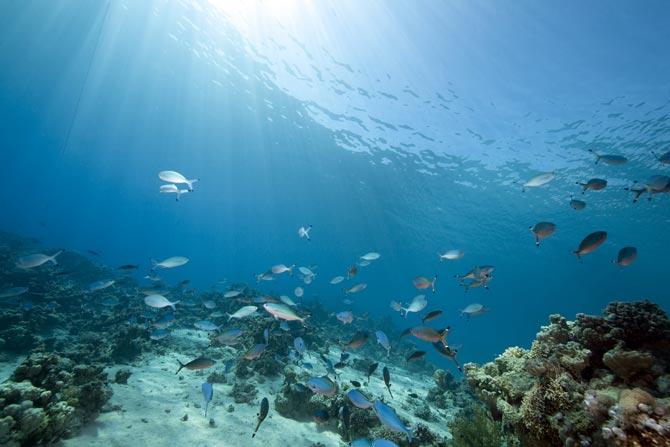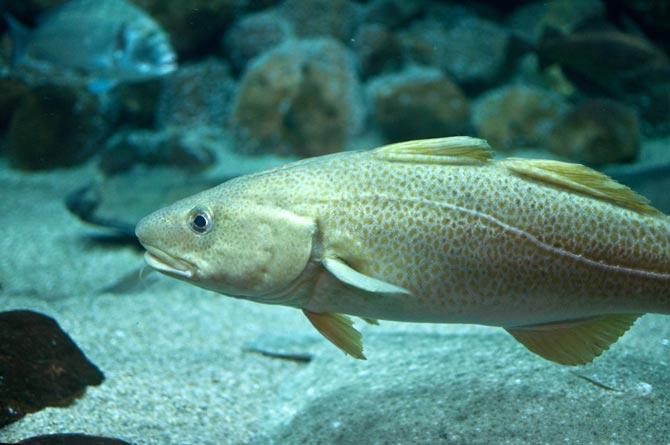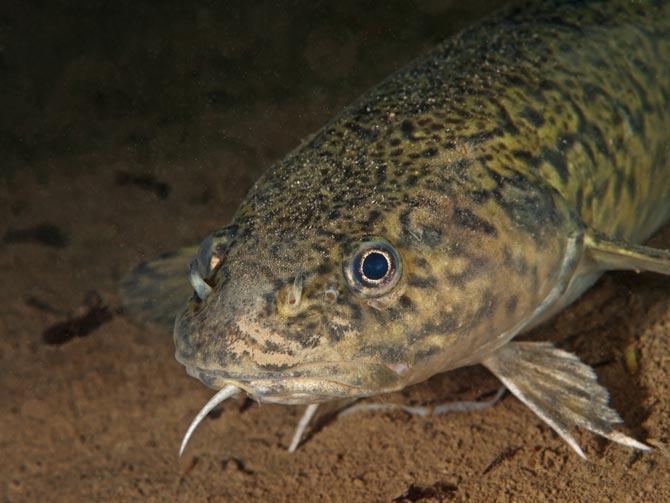Warmer water temperature and decreased levels of oxygen in the ocean will act together to push marine animals away from the equator to places in the ocean where the oxygen supply can meet their future needs, says a study

Washington: Warmer water temperature and decreased levels of oxygen in the ocean will act together to push marine animals away from the equator to places in the ocean where the oxygen supply can meet their future needs, says a study. It will speed up the animals' metabolic need for oxygen, as also happens during exercise, but will hold less of the oxygen needed to fuel their bodies, similar to what happens at high altitudes, the researchers said.
ADVERTISEMENT

About two thirds of the respiratory stress due to climate change is caused by warmer temperatures, while the rest is because warmer water holds less dissolved gases.
The study centred on four Atlantic Ocean species: Atlantic cod that live in the open ocean, Atlantic rock crab that live in coastal waters, sharp snout seabream that live in the subtropical Atlantic and Mediterranean, and common eelpout, a bottom-dwelling fish that lives in shallow waters in high northern latitudes.

Atlantic cod

Atlantic rock crab

Eelpout
Curtis Deutsch, associate professor of oceanography at University of Washington used climate models to see how the projected temperature and oxygen levels by 2100 due to climate change would affect these four species' ability to meet their future energy needs.
For all four species, the equator-ward part of the range would become uninhabitable because peak oxygen demand would become greater than the supply.
If current emissions continue, the near-surface ocean is projected to become warm by several degrees Celsius by the end of this century.
Seawater at that temperature would hold 5-10 percent less oxygen than it does now.
Viable habitats would shift away from the equator, displacing from 14 percent to 26 percent of the current ranges.
The authors believe the results are relevant for all marine species that rely on aquatic oxygen for an energy source.
The study was published in the journal Science.
- With inputs from Agencies
 Subscribe today by clicking the link and stay updated with the latest news!" Click here!
Subscribe today by clicking the link and stay updated with the latest news!" Click here!






